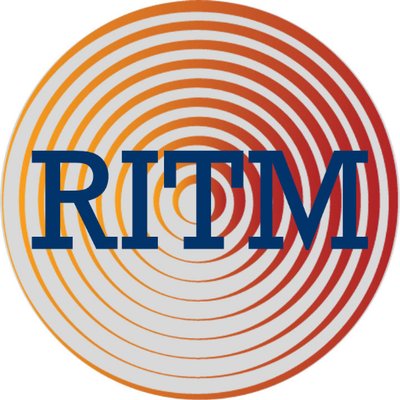 Academic centers at four leading universities have entered into a partnership to investigate the connections between the study of race and racism and academic fields in the humanities. The collaboration, funded by a grant from the Andrew W. Mellon Foundation, will develop a strategy for addressing major challenges faced by each participating center regarding the intersection of racial equity, the humanities and arts, and higher education.
Academic centers at four leading universities have entered into a partnership to investigate the connections between the study of race and racism and academic fields in the humanities. The collaboration, funded by a grant from the Andrew W. Mellon Foundation, will develop a strategy for addressing major challenges faced by each participating center regarding the intersection of racial equity, the humanities and arts, and higher education.
The participating centers include the Center for Comparative Studies in Race and Ethnicity at Stanford University, the Center for the Study of Race and Ethnicity in America at Brown University, and the Center for the Study of Race, Politics, and Culture at the University of Chicago. The Center for the Study of Race, Indigeneity, and Transnational Migration at Yale University will coordinate the collaborative effort.
The members of the strategic collaboration will consider the institutional position and intellectual work of their academic centers and affiliated faculty and students on their campuses. They hope to encourage new conversations at the four universities about graduate admissions and education, faculty hiring, resource allocation, and inter-university cooperation. The center directors hope that the partnership will also lead to the development of new faculty leaders who work on topics related to race and racism, and who have academic expertise on issues of diversity in the humanities and arts.
Stephen Pitti, professor of history and of American studies, and director of Yale’s Center for the Study of Race, Indigeneity, and Transnational Migration, stated that “we believe that our work together should have a significant impact on the way we approach research and teaching in the humanities. We aim to consult with leaders and experts who work on race in the humanities; to read widely in secondary scholarship; to learn about past efforts to rethink the ways that the study of race should be handled in departments, centers, and programs; and to consult faculty and staff colleagues, deans, development officers, and other key leaders.”

